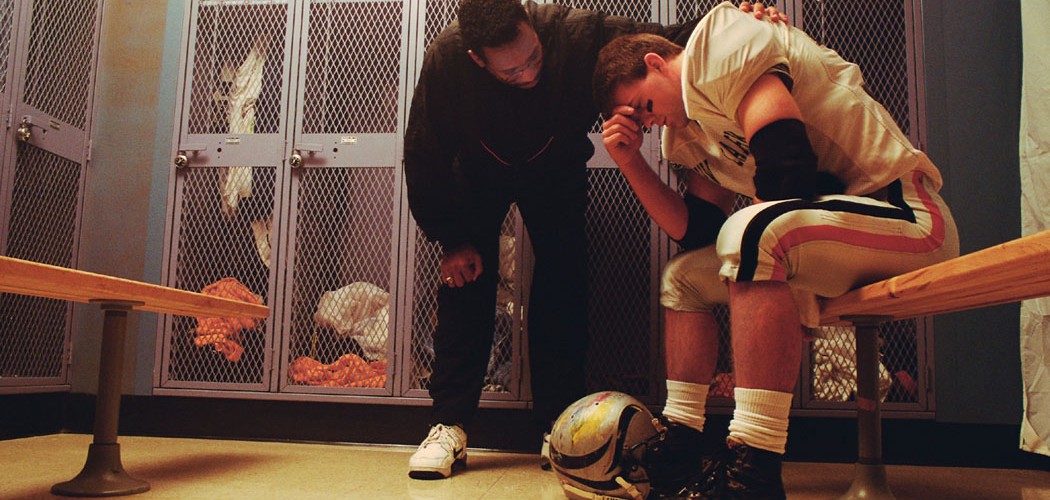
Expectations for stroke/aphasia recovery—it’s what every family with aphasia wants to know.
When is it going to get better? How much better can it get?
How can we cope with this?
How do you maintain hope and be realistic at the same time?
As aphasia treatment experts, our experience has shown that anyone with any type of aphasia can continue improving given time, motivation, and support. It takes a combination of strategies, direct aphasia therapy and contextual aphasia therapy to continue to move up the ladder. It takes a lot of time, patience, and persistence.
Sometimes, the changes will be very small but a necessary step overall. Sometimes bigger changes will happen right away with the right treatment approach.
Many families with aphasia have been told in the hospital to give up and forget about going back to work. They’ve been advised to not waste their money on therapy, or told that their loved one will be a “vegetable” if he/she lives after the stroke. Families with aphasia can decide to keep going no matter what, or they can take that advice to heart and do nothing.
On the other hand, some families with aphasia are given specific recovery timelines — “you’ll get over this in about six months”. While this is encouraging, it’s often not realistic. When a full recovery hasn’t happened in six months as predicted, the family can be devastated. I’ve had clients decide on the anniversary of their stroke that it’s time to quit because “it’s still here”. How do you provide hope and encouragement when the person with aphasia gives up?
The best, but most difficult advice, may be to understand that some level of aphasia will always be there. This realization can be quite a blow in the beginning. It is a bitter pill to swallow, and many healthcare providers want to spare the family pain. One healthcare provider I know said that they purposefully give negative prognosis so that when the patient does improve, the family is pleasantly surprised. When you are not expecting improvement, even small changes are a victory. It’s when your expectations for quick changes don’t meet reality that disappointment sets in.
Complete recovery doesn’t happen very often, regardless of what you see in the news. These “recovery stars” give the impression that one day aphasia can just be over with. It’s great to have role models for recovery, but the best advice for the family is to compare day zero to now. Comparing after-stroke to before-stroke is unfair and only focuses on the negative of what’s missing.
So what’s realistic?
Using a common example of weight loss--would it be realistic for me to say “I’m going to lose 50 pounds by next week?” Unless I’m cutting off a few of my limbs, this isn’t going to happen. No matter what I try, my expectations will not be met. What if I change the end date to one year? What if I change my goal to lose 2 pounds this month? That seems reasonable but also measurable.
When I meet or exceed my reasonable and measurable goal, my success allows for more success and a new goal to meet. This creates the “upward spiral” of success. This is actually our favorite part of doing intensive aphasia treatment.
What if I lose 40 pounds but not my goal of 50 pounds? Is it a failure? My goals had to be adjusted, but I did move in the right direction. Making any improvements is realistic. Any improvements should be noted and celebrated.
So what’s a realistic progress expectation? Improvement in general.
